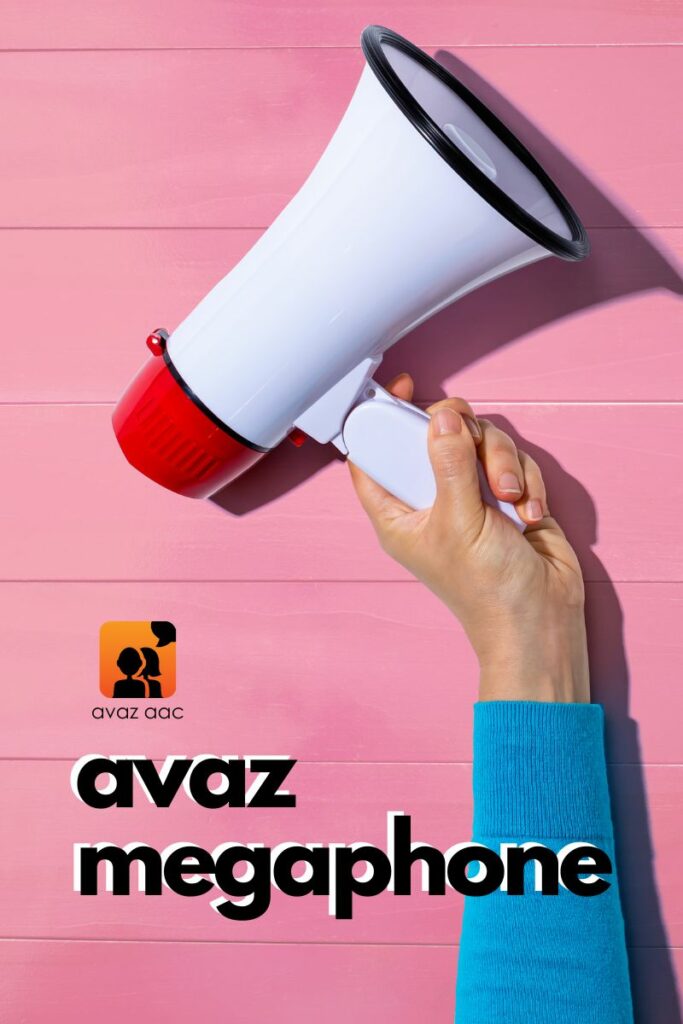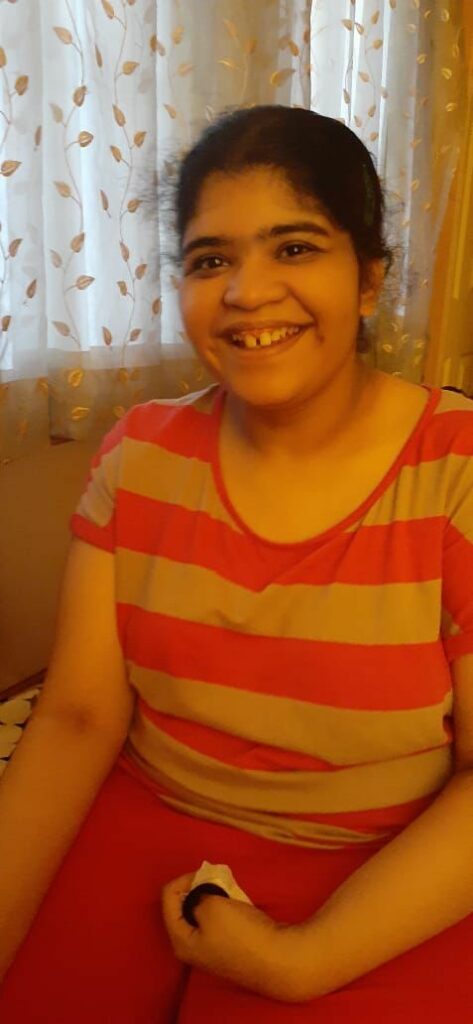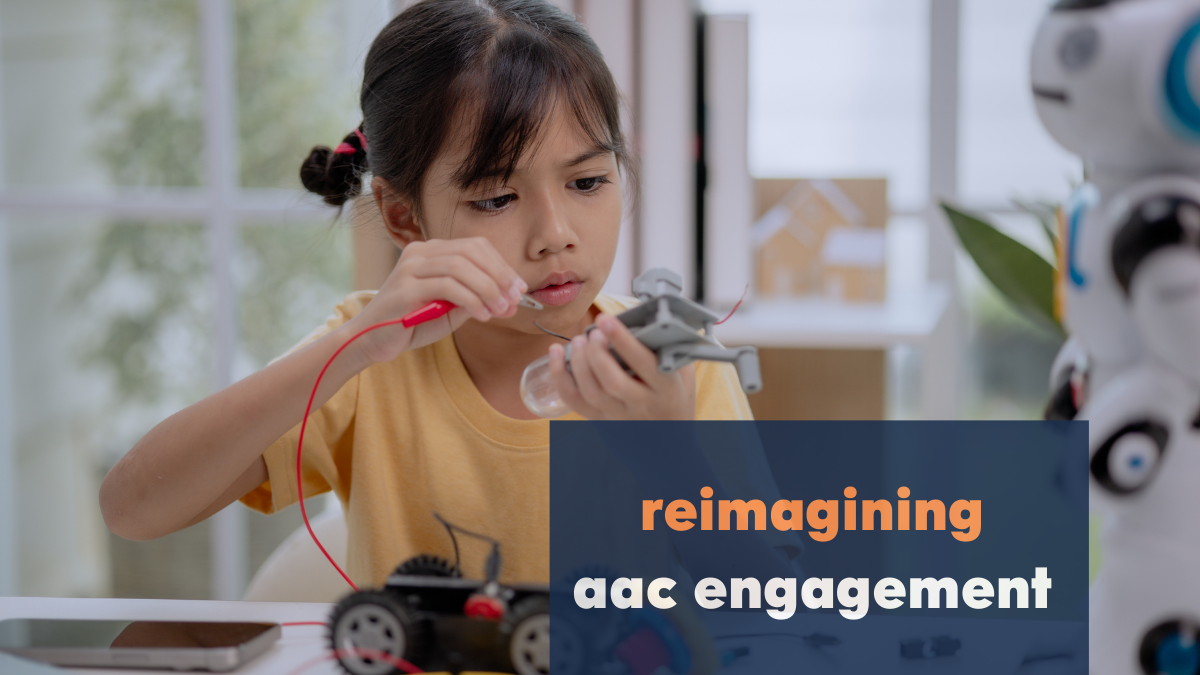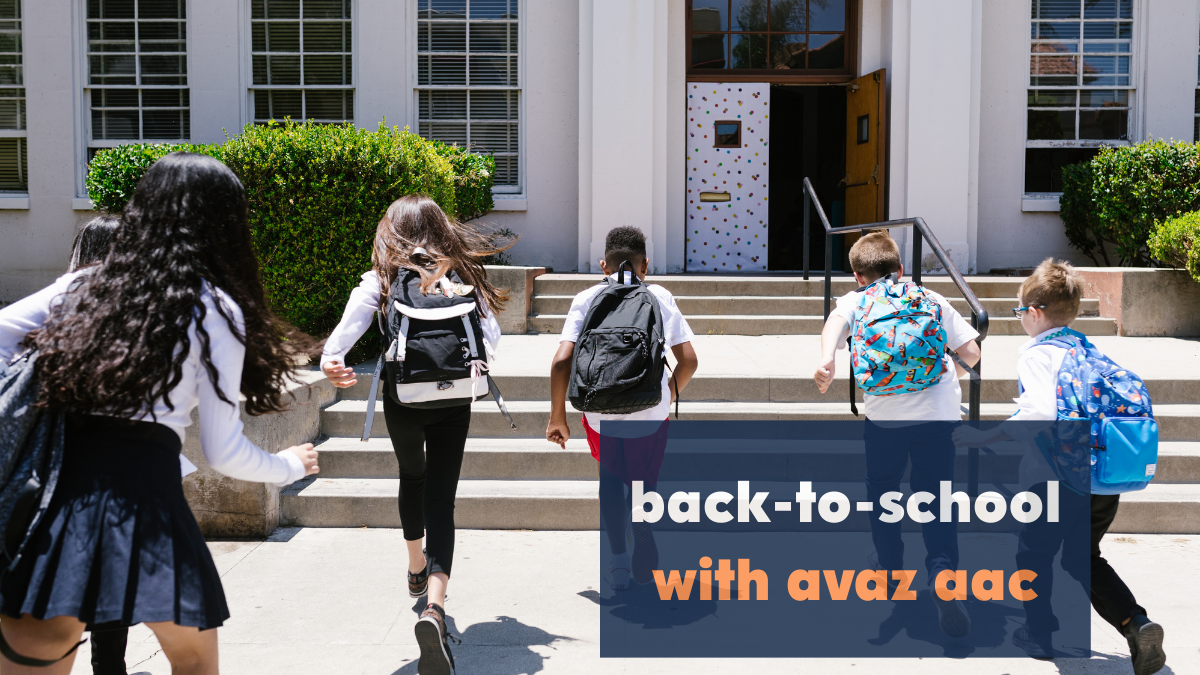

My Voice = My Identity
What does the term ‘Autonomy’ mean to a nineteen year old? Is there a gap between a nineteen year old’s perception of her autonomy and that of her parents? Parents who are conditioned culturally to give lesser leeway for self determination? If you throw non-speaking autism into the melee, ideas of autonomy and self determination go flying out of the window. Or so it seems.
I was recently invited to be a part of a panel discussion about perspectives of non speaking autistics. We “talked” about things like the autonomy to vote, go out for a drink with a buddy or to just dip your toes into the world of dating. It got me thinking about how all of these are a given for those my age in the neurotypical world. When it comes to non speaking autistics though, the perception is that we lack the understanding and maturity to make choices of our own. Yet, there I was, sharing my take on these topics and more. So, what is it that I possess which empowers me to speak my mind? I possess a voice in the form of AAC .
Having a voice is the key first step to establishing an identity of your own.
Finding Your Autonomy
Let’s think about a child’s progression from infancy to early adulthood. With every passing year we will find that they become more expressive and decisive about everything. It applies to their likes, dislikes, preferences, opinions and more. The whole process of achieving autonomy is an organic one that happens over many years. The ability to make informed choices doesn’t get turned on instantly like a switch.
Now think of a child who is unable to express themself verbally. And say, they do not have an alternative mode of expression either. Wouldn’t the onus then fall on parents and other primary caregivers to ‘figure out’ the child? To understand their preferences and even their personality? How can autonomy develop for a person who requires someone else, at all points of time, to do their ‘talking’ for them?
It Takes a Village
Influences beyond home and family, like school, travel and friends, go a long way in shaping a person’s personality. A person who is devoid of a voice is also denied opportunities to experience all this and more.
If you are among those who are still having second thoughts about introducing AAC to your child, it is time to take the leap of faith. Provide the opportunity to your child to become the best version of themselves. It is time to help them find their voice.
———————————————————————-
Oftentimes, as a non speaker, I believe that bonding with peers, interacting or even having stimulating conversations remain a mere aspiration. But technology, which has given many of us a voice. It can help to create a safe space for us to interact and exchange thoughts and ideas . ‘Silent Expressions’ is a WhatsApp group created by me, Aniket Kadam and Tarun Paul Mathew as a part of Institute of Neurodiversity (ION) India. It is a community for non speaking autistics to interact with each other and with the neurodivergent community at large. The membership is open to non-speakers and other neurodivergent people aged 16 years and above. They can be from anywhere in the world and should be able to use WhatsApp. Membership is NOT open to parents and professionals.
Avaz Megaphone is a platform for neurodivergent individuals to express themselves through the written word. We accept opinion pieces, short stories and poetry. Authors of accepted works will receive an honorarium. To make a submission please email us on: collaborate@avazapp.com
WRITTEN BY
Aditi Sowmyanarayan
Student & Writer
Aditi Sowmyanarayan is a nineteen year old who uses Avaz, a text to speech app, to communicate. She goes to Ishanya India Foundation, a special school in Bengaluru. Aditi is an avid blogger and an aspiring writer. She blogs on www.smallstepbigthought.blogspot.com
She can be reached on Instagram at writeaditi and on her Facebook page : small step big thought





